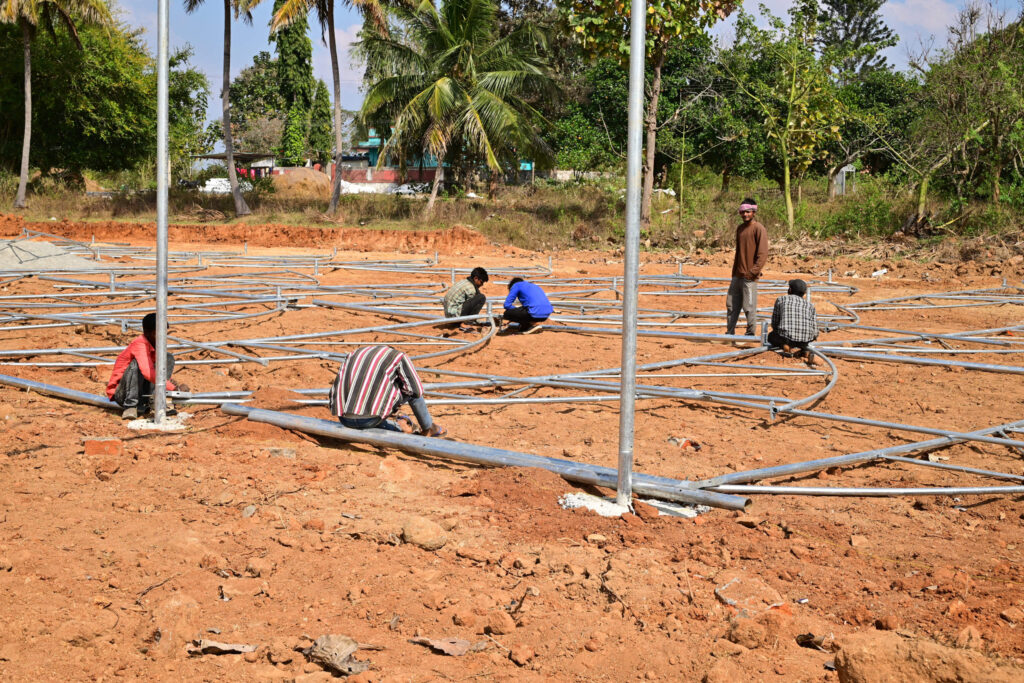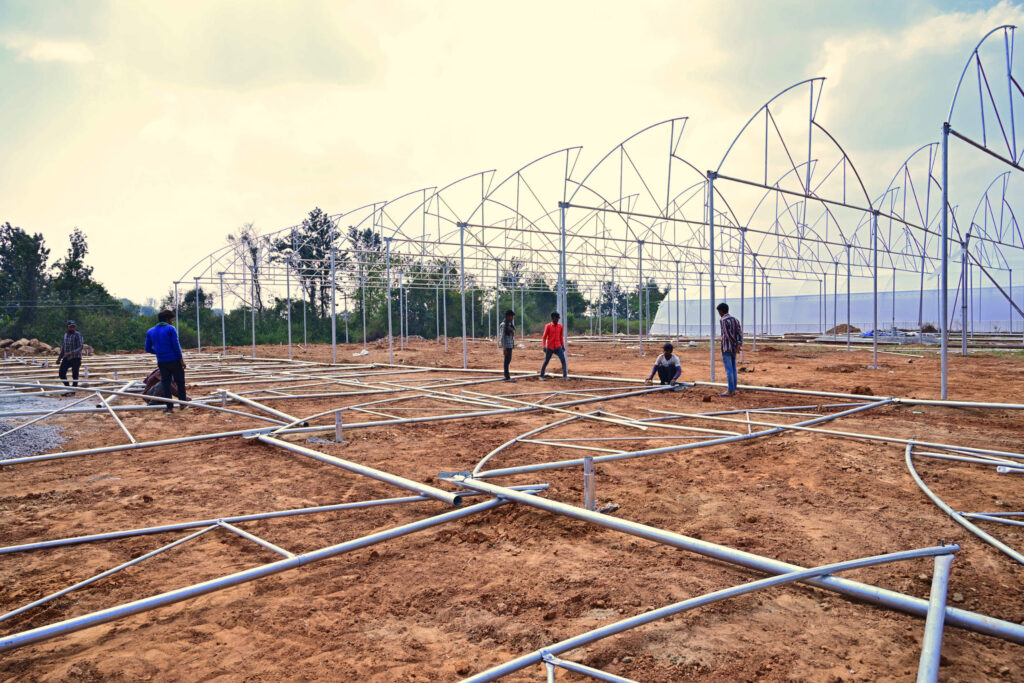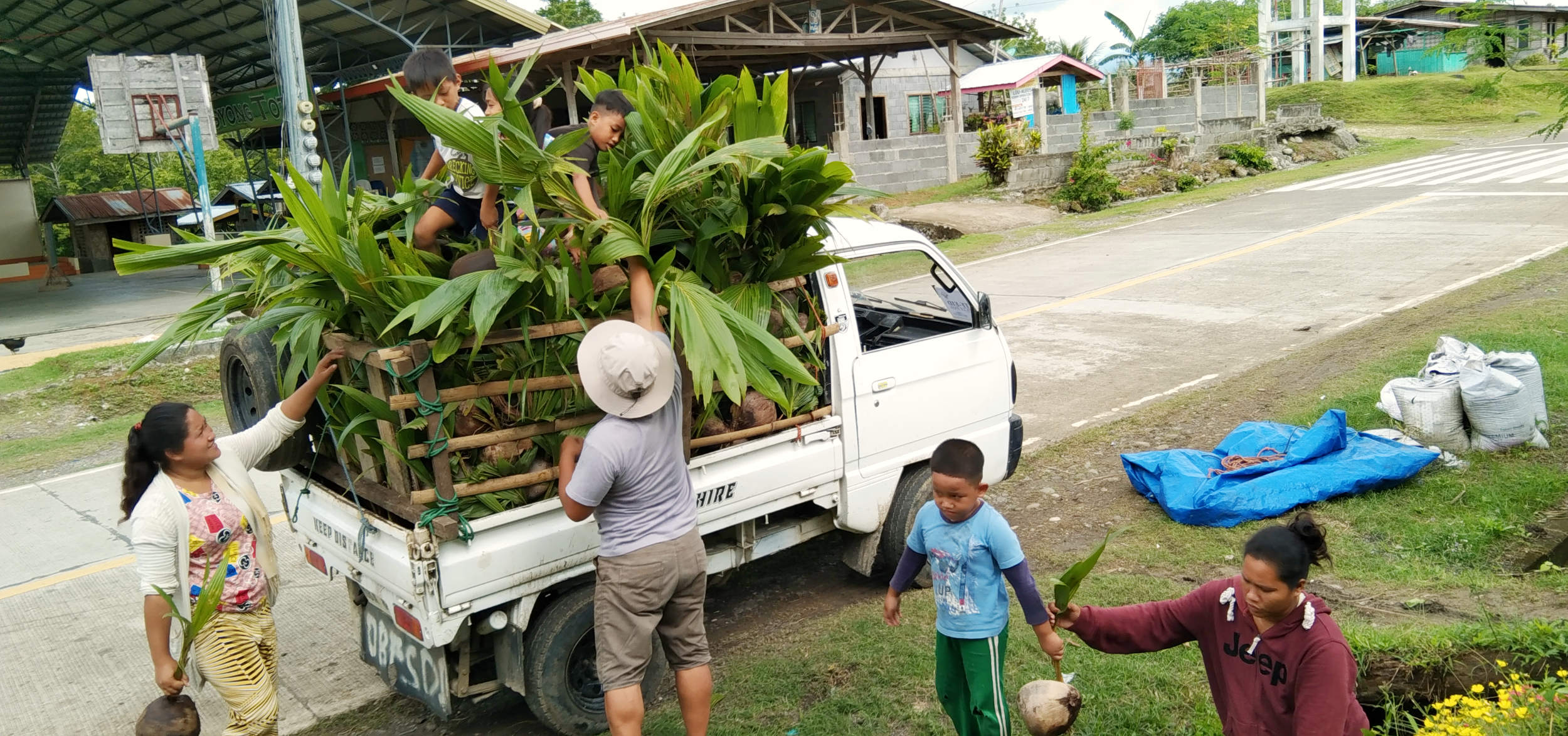
Don Bosco Foundation for Sustainable Development, Philippines
The Don Bosco Foundation for Sustainable Development (DBFSD) is a civil society organization in the Philippines that emerged from the Diocesan Youth Ministry of the Diocese of Kidapawan to support young believers and rural communities. For over 30 years, it has been promoting sustainable agriculture and livelihood opportunities in Mindanao.
DBFSD plays a leading role in developing a comprehensive value chain for organic products such as rice, bananas, and moringa, linking producers and consumers through fair trade and cooperative economic models.
Transforming Mindscapes & Landscapes, Philippines
The "Transforming Mindscapes & Landscapes" project in the Philippine provinces of Banisilan and Arakan aimed to promote sustainable agriculture and ecological farming practices. Despite challenges such as earthquakes, drought, the COVID-19 pandemic, and extreme weather conditions, significant successes were achieved. Over three years, a total of 967 farming families transitioned 1,161 hectares of land to integrated ecological systems.
The project conducted 74 training sessions with 2,454 participants, established 101 model farms, and distributed 281,273 seedlings. Collaborations with government agencies and the formation of farmer cooperatives strengthened local self-organization. The project exceeded expectations, demonstrating the adaptability of its implementing partners and laying the foundation for long-term food security and climate resilience.
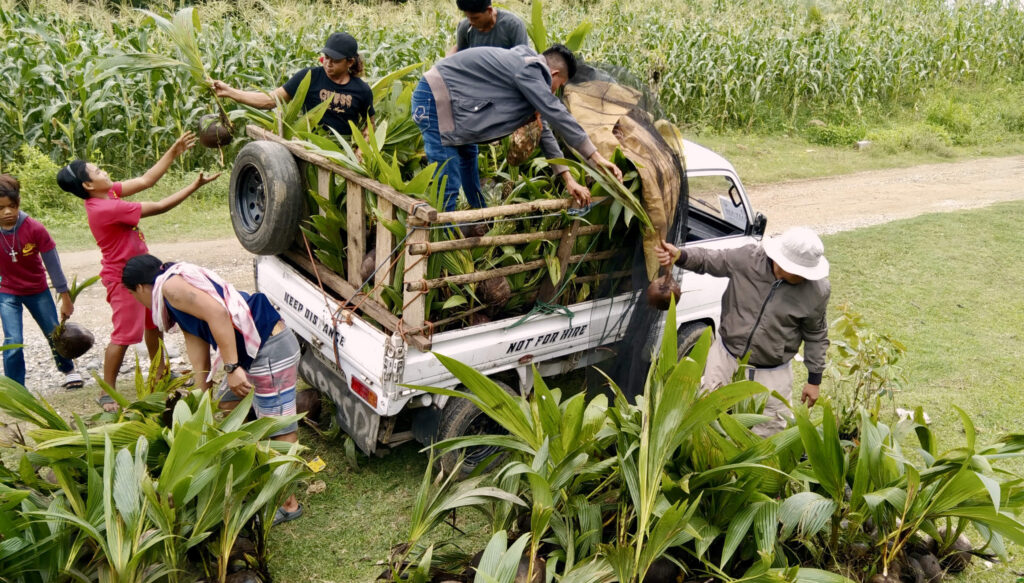
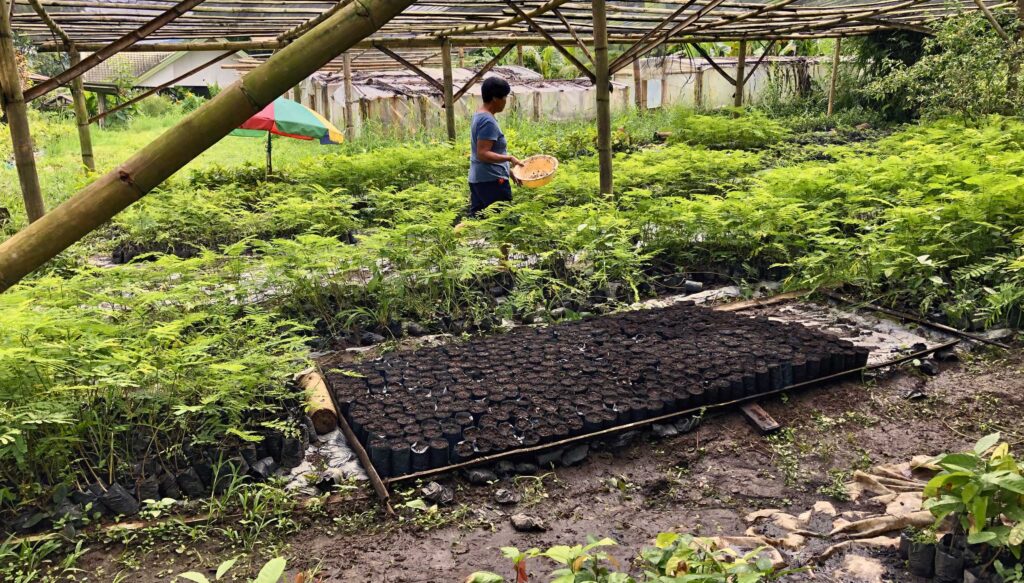
The Moringa Project in South Cotabato, Philippines
The Moringa Project in South Cotabato aimed to drive economic and ecological transformation for small farmers through sustainable agriculture and Moringa cultivation. Over three years, 579 farmers were trained in organic farming methods, and 36.7 hectares of Moringa plantations received international certification.
Processing centers were established, and Moringa-based products such as capsules and dried leaves were successfully introduced to the market. However, challenges such as earthquakes, poor water quality, and market barriers complicated implementation. Despite these obstacles, the project led to the adoption of diverse, sustainable farming systems, improved soil quality, and strengthened market access through organic certification and product development.
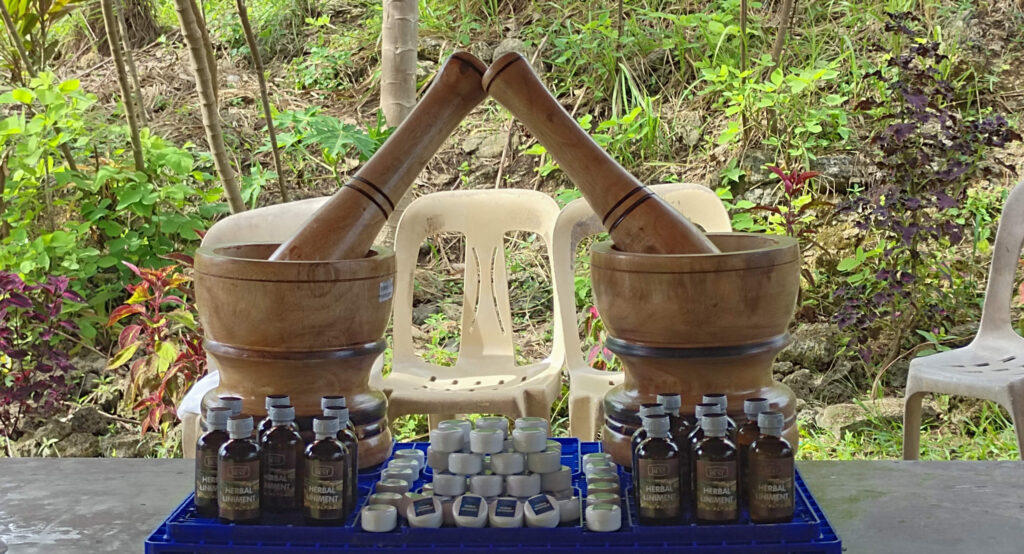
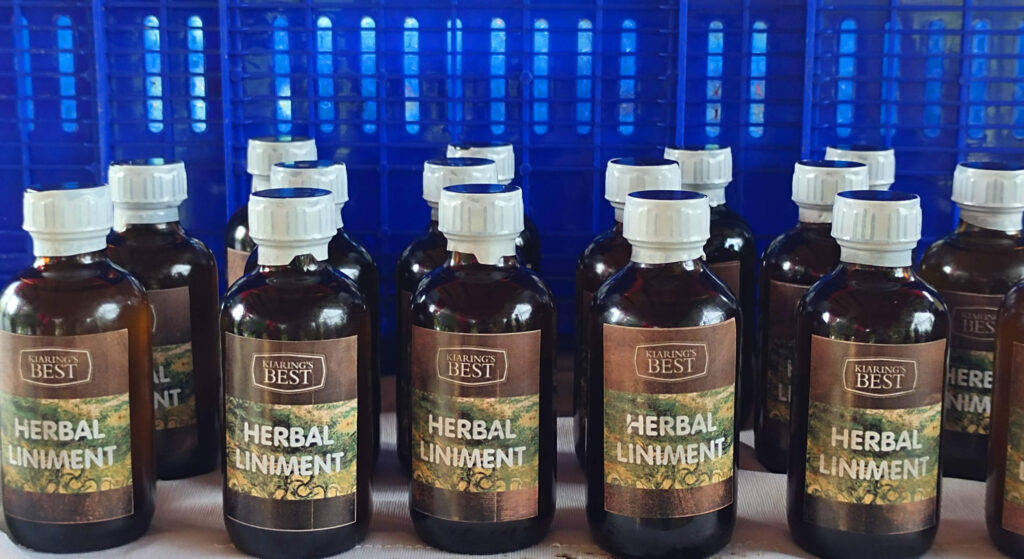
"From Soul to Soil", Philippines
The "From Soul to Soil" project in the Philippine provinces of Banisilan and Arakan focuses on transitioning from monoculture to diversified, sustainable agriculture. Despite challenges such as El Niño-induced drought, strong winds, and degraded soils, remarkable progress was made within the first year: 1,838 smallholder families adopted agroecological practices across 1,888 hectares.
Training and technical support facilitated the implementation of mixed cropping systems, including bananas, coffee, and cocoa. Local market access was improved, and digital infrastructure for paperless organic certification was initiated. While severe drought led to crop losses, the project demonstrated that agrobiodiversity is key to climate resilience and food security.
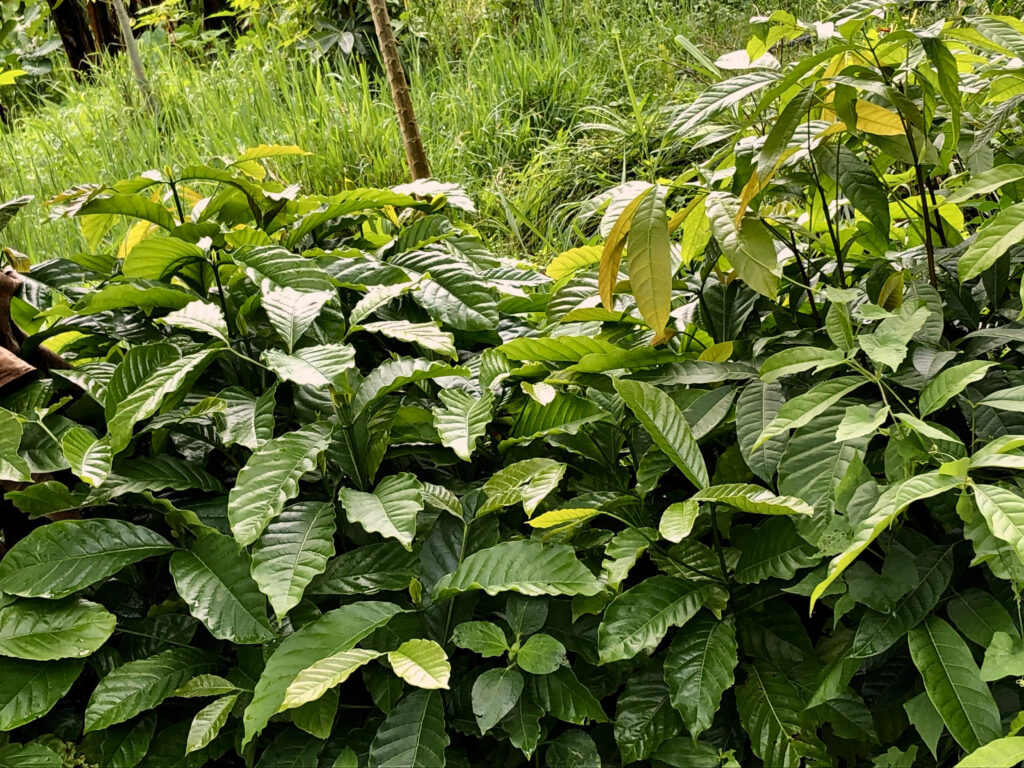
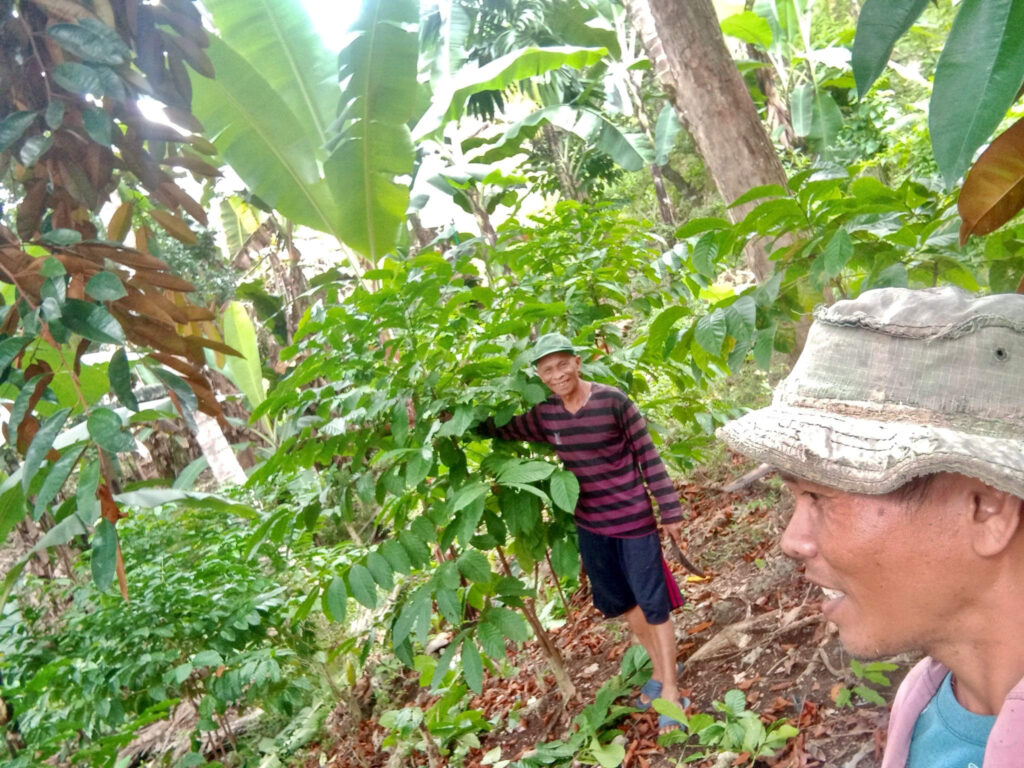
Salesians of Don Bosco in Nepal
The Salesians of Don Bosco in Nepal support children, youth, and women on their journey out of poverty toward a self-determined and dignified life. Through education, vocational training, and community-based programs, they create opportunities for personal growth, social inclusion, and sustainable development – especially in marginalized and rural communities.
Their mission is to empower individuals to build a better future for themselves and their families.
The Back 2 Nature programme (B2N@Nepal) is implemented at two sites.
Organic Farming and Training for Mushroom, Vegetable Cultivation, and Preservation of Environment
The "Organic Farming and Training for Mushroom, Vegetable Cultivation, and Preservation of Environment (B2N@Nepal)" project aims to promote sustainable agriculture through mushroom and vegetable farming, biogas, drip irrigation, and solar energy. On a one-hectare site, innovative practices such as hydroponics, Moringa cultivation, and livestock farming (goats and chickens) have been integrated.
In its first year, over 350 participants received training in green skills through workshops, campaigns, and seminars, while public awareness initiatives encouraged sustainable action. Additionally, biogas and solar systems were successfully installed (see the picture with a biogas system beside). The project demonstrates how eco-friendly agriculture and environmental education can improve both living conditions and environmental protection.
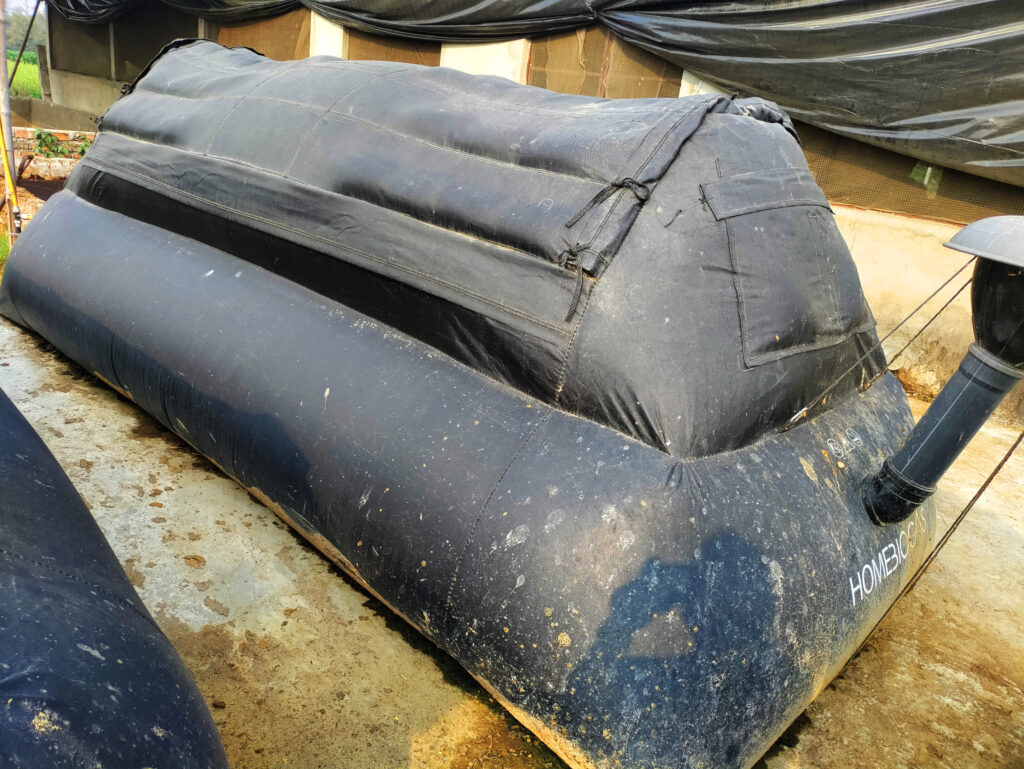
B2N Project in Lauki, Nepal
The B2N Project in Lauki, Nepal promotes sustainable agriculture and economic self-sufficiency through the cultivation of rice, jute, wheat, potatoes, and maize, as well as vegetable farming and fishery. Collaboration with landless families enables profit-sharing, while the use of organic fertilizers enhances soil health.
A biogas system has reduced reliance on LPG gas, and both a greenhouse and a dark room for mushroom cultivation have shown remarkable results within the first year. Seminars and school visits have helped raise awareness of sustainable farming practices.
Despite challenges such as price fluctuations and livestock diseases, the project has already achieved significant progress in sustainability and community empowerment within its first year.
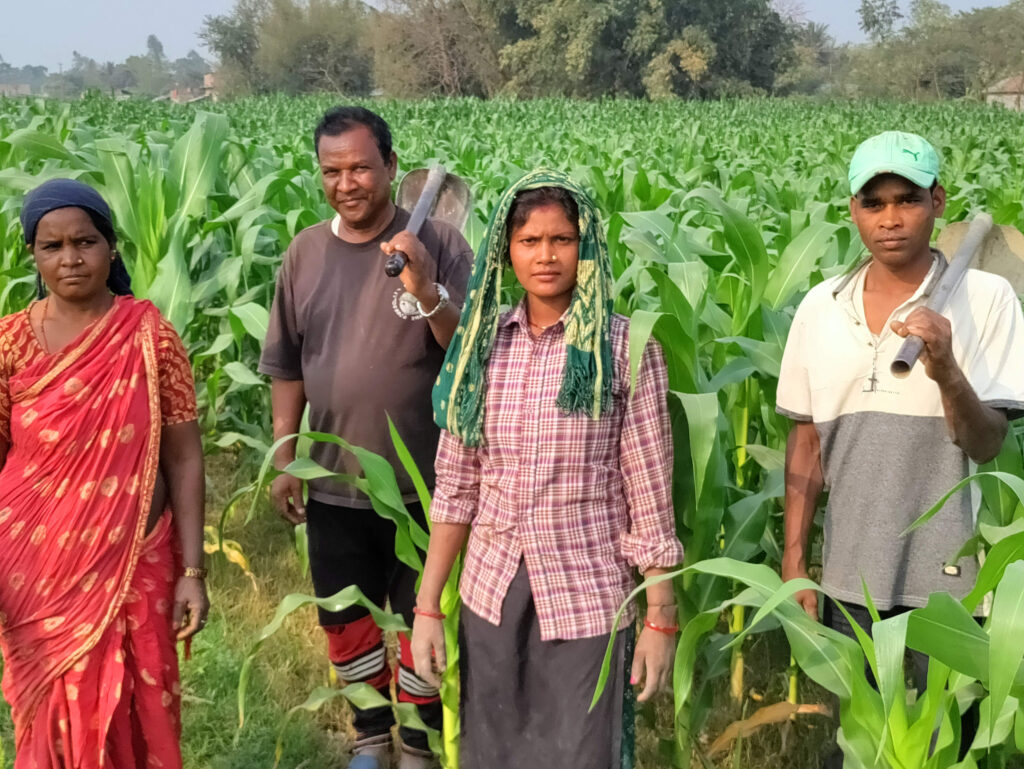
Brothers of the Sacred Heart of Jesus, India
The Brothers of the Sacred Heart of Jesus (SHJ) actively support disadvantaged communities, including children, the elderly, people with disabilities, mental illnesses, widows, and those in financial hardship.
They are also dedicated to empowering and uplifting Dalits and indigenous communities, who face social exclusion, economic challenges, and lack of political representation.
B2N – Hydroponics Farming in Athipet, India
The "B2N – Hydroponics Farming in Athipet, India" project aims to promote sustainable and inclusive agriculture while improving the economic conditions of marginalized indigenous communities in Tamil Nadu. A hydroponic farm will be established at St. Michael’s Farm, powered by renewable energy and designed to include landless families and people with disabilities.
Key objectives include creating a financially viable farm, fostering entrepreneurship among indigenous families, and raising awareness about organic farming, Moringa cultivation, and improved water management. The project seeks to strengthen social integration, environmental awareness, and economic independence within the local community.
